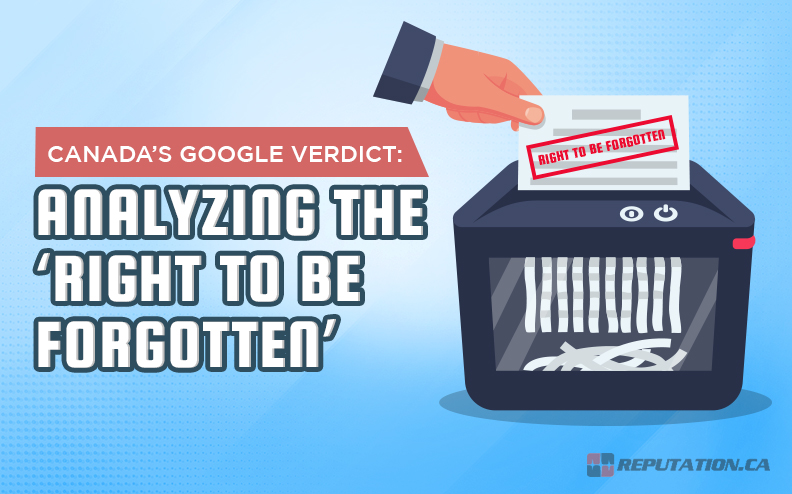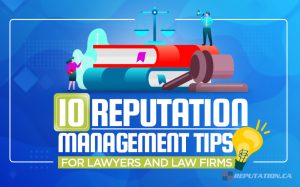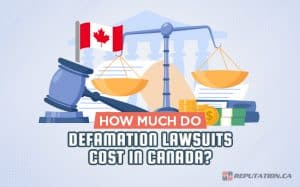The Internet is a powerful resource that allows us to research virtually any topic and learn more about people, events, and organizations. This information can be extremely valuable for individuals needing professional or educational data. The prevalence of information on the Internet means it is easier than ever to find the information we need. The search engines that power the Internet have made the process user-friendly so we can access information without needing a comprehensive knowledge of domain URLs.
Unfortunately, this ease of access has turned the Internet into a double-edged sword for certain search subjects. While most online searches focus on notable individuals, some use it to look up other private citizens. The results of these searches can be innocuous or expose details about someone’s private life that are best left private.
This phenomenon occurs in virtually every developed country with Internet access, including Canada. Several websites make their income by recording information about citizens and reselling it to users so they can identify and locate them. Some websites host outdated or wrong information that can misrepresent the subject, though this primarily applies to search engines.
The most common of these search engines is Google, which most people use to access information they want or need to know. Unfortunately, Google can present outdated or misinformative results that affect one’s standing in society. This has led many to seek the right to be forgotten on Google, which has recently faced legal validation in Canada. The question is: What does that mean?
What is the ‘Right to be Forgotten?’
This phrase might seem unusual, considering few people want to be forgotten and aspire to be remembered for great deeds. Unfortunately, it is rare for anyone to live a life where they did not make any mistakes, and such mistakes are more heavily criticized than they were 50 years ago. Nowadays, the slightest misstep can destroy the public’s perception of you since certain groups believe a single mistake is unforgivable.
Certain offenses are worth condemning since they endanger someone’s life or call for an atrocity to be committed, but most comments are born of ignorance or are meant to be jokes. Other times, information is posted online that puts you in danger and must be deleted before more radical Internet users can use it to harm you. The desire to suppress this information is important to protecting yourself and preventing old comments from impacting your reputation.
The right to be forgotten is a theoretical right for private citizens to purge their information from the Internet. The right to be forgotten purports that citizens should be allowed to remove their information because of extenuating circumstances. The right to be forgotten is an actual law put into effect in certain countries to protect the citizens’ privacy. The law’s implementation varies by country and region, but the countries that recognize the right to be forgotten are:
- Argentina
- China
- The European Union
- India
- South Korea
- Switzerland
- The United States
All these countries instituted some version of the right to be forgotten as a law distinct from the right to privacy available in many countries. The main distinction between the 2 is that the right to privacy allows citizens to remove information that is not publicly available. The right to be forgotten means they can purge any publicly available information if they have a valid reason for doing so.
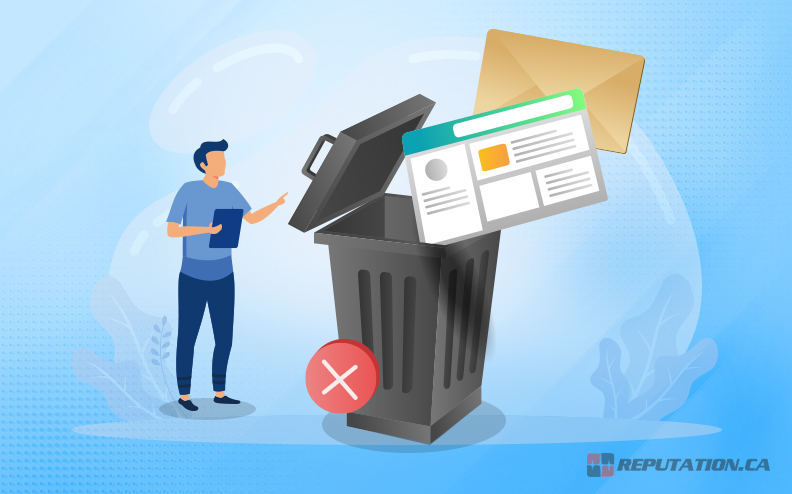
The right to be forgotten specifically targets information acquired via search engines rather than the websites the engines identify. Removing information from a search engine is significantly more complicated than removing information from a website. Nevertheless, the right to be forgotten ensures that users can do so successfully, even with a website as popular as Google.
Unfortunately, not every country agrees on whether the right to be forgotten should be honored, which is still being debated. Canada is the most recent country to re-evaluate its stance on the right to be forgotten, and recently finalized litigation that has changed its acceptance in the country. However, you might not be familiar with Canada’s recent events if you are not a citizen or have never considered removing information from the Internet.
Canada and the ‘Right to be Forgotten’ Case
Despite this case ending this year, it all started 6 years ago in 2017, following an official complaint by a Canadian citizen. Fittingly, the citizen’s name is unavailable out of respect for his privacy, but he sought justice due to misinformation about him spreading through the media. According to the complaint, outdated information about the man was being published in articles published online and prioritized by Google’s search algorithm.
He claimed that the information was damaging his reputation and causing an uproar among readers who sought to harass him over the misinformation. According to the claimant, he endured physical assault, employment discrimination, and social stigma because of the articles. He also claims that he lived in constant fear because of the backlash against him over something he was no longer responsible for.
As a result of the harassment, the claimant wanted the information delisted so Google would no longer direct users to misinformation. His request would make it impossible for anyone to access the articles unless they knew the URLs and could type them into the search bar. This led to an official case with Canada’s Federal Court because Google claimed it had the right to publish these articles due to journalistic exemptions.
Considering Google is responsible for 75% of all Internet searches in Canada, it makes sense that the claimant would target their algorithm first. Unfortunately, Google was not wrong about the journalistic exemptions to protect the right to information. If everyone were permitted to demand the removal of articles that damaged their reputation, the news would be minimal.
Thankfully, there are conditions to ensure that false information or information that endangers the subject can be removed. Due to the lack of a right to be forgotten in Canada, this led to a vote between 3 judges after Google and the complainant gave their accounts and pled their cases.
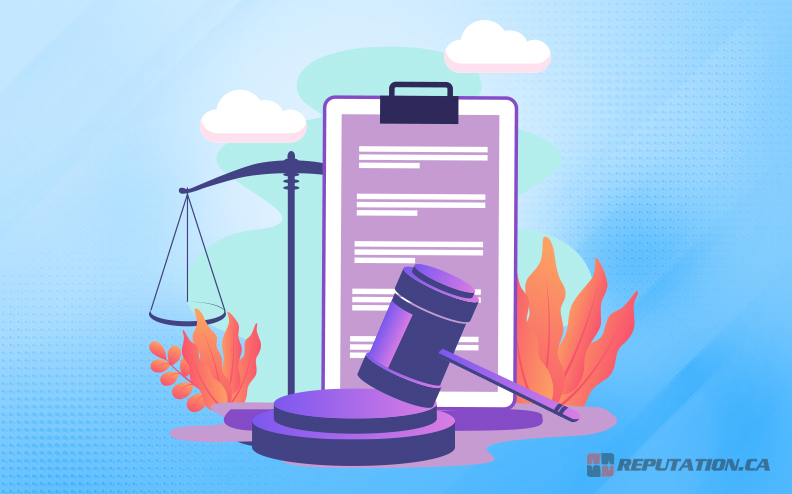
The ruling was remarkably close since it was a 2 to 1 vote in the complainant’s favor and determined that Google is not protected for journalistic or artistic works. According to Justice John Laskin (one of the judges presiding over the case), “Google Search does not collect, use, or disclose personal information for a journalistic purpose and, even if it does, it does not do so solely for that purpose.”
The logic behind their decision was that the search engine is not distributing personal data for a journalistic purpose, so the associated exemption cannot protect it. Conversely, the one dissenter in the vote agreed with Google’s explanation that they were a 3rd party similar to a convenience store. The justice, Wyman Webb, claimed, “Google’s stated mission is ‘to organize the world’s information and make it universally accessible.’
Google’s purpose in collecting the information found in newspaper articles is to index this information so that an individual can easily find it using the Google search engine. Its only purpose in collecting the information is to make it more accessible.”
Despite Wyman’s opposition to the majority, the ruling passed and paved the way for the right to be forgotten being implemented nationally. While there is still work to be done before the right to be forgotten is available for every Canadian citizen, this case makes it much closer to reality. Unfortunately, even the right to be forgotten might not help you recover from detrimental information. While it will prevent future searches from turning up the information, you must still account for the people who saw the article before it could be removed from Google’s results.
What Comes Next?
Delisting outdated information about you is an excellent first step to preserving your reputation in the face of a major backlash. While the right to be forgotten ensures new searches will not lead to the misinformation that initially jeopardized your reputation, it does not wipe that information from the memories of those who already saw it.
Once people have seen the article, they will begin forming opinions about you and using that information as a reason to dislike you. They will also look for other content supporting the information they read to confirm its validity. The misinformation, whether outdated or false, will affect their perception of you, and it will be your responsibility to change their minds.
Depending on what misinformation was spread or how true it might have been, this might be more difficult for some. Fortunately, you can take control of your reputation in most scenarios.
Your next steps will vary depending on whether you operate a business, but the next steps are straightforward if you are a private citizen without concern for your corporate reputation. You must first lock down your social media accounts and remove any posts that might exacerbate the situation. Nowadays, social media platforms are used to vet individuals and determine whether they are making “acceptable posts.”
Many people use their personal philosophies, politics, and morals to judge you (usually echoing the sentiments of their accepted peers). If your posts are considered “problematic” by their standards, the misinformation you had delisted will be reinforced as factual in their minds. This happens even if the post and the misinformation are completely unrelated since they might make the connection that since you made a problematic post, all the bad about you must be true.
Therefore, delete any posts or content that might be inflammatory to avoid repercussions and further reputational damage. It might also be wise to set your accounts to private (or the platform’s equivalent) to reduce the number of people who can access it.

Reducing traffic to your social media accounts and eliminating certain posts are a start, but it will only prevent people from reinforcing their perception of you. You will have to overcome the allegations generated by the misinformation, which will be the hardest part. Ideally, there should be hard evidence disproving the article’s claims, but sometimes, there is a grain of truth to what was written.
If the information in the article is outdated and represents a version of you that no longer exists, you should engage in activities that actively oppose the claims. Acts of philanthropy demonstrating an altered worldview can prove you are no longer the person you were back then. However, you should not go overboard since a sudden influx of philanthropic efforts to combat the allegations might be perceived as disingenuous.
Repairing your reputation after the article is delisted will not be easy or quick. You must dedicate significant time to fixing it if you want to succeed. Attempting to rush through the process will almost certainly fail, which might make the process more arduous since the amount of work can be overwhelming for one person. Fortunately, you might have options for help should you need it.
Take Your Reputation Back!
The effects of misinformation can be devastating to our personal image since people have a habit of believing the worst of others. The article that led to the right to be forgotten being honored in Canada might not be the most famous, but it has led to a new step in Canadian privacy rights.
This might be incredible news if you are a Canadian local since you might have information you want to be purged from Google’s search results. That said, you will have to handle the other parts of reputation management independently since there is nothing Google can do to delist social media posts or enhance your image. Fortunately, you can get help if the task is too much for one person.

We at Reputation know how damaging false information can be and recognize how much work goes into fixing it. While Canada’s recognition of the right to be forgotten is an admirable first step, taking care of the aftermath can be even more difficult. That is why we have dedicated ourselves to helping people recover their reputations by curating social media accounts and eliminating false information on your behalf. There are no shortcuts concerning public image, so visit our website and take your reputation back!




